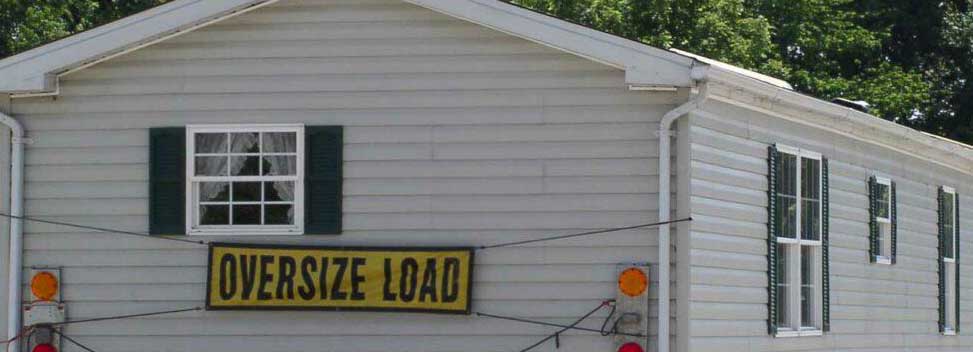How to move your static caravan
Written by Nick Grant
|
Published on 14th October 2022
|
Last Updated on 23rd February 2024
|
Read time: 3 minutes

Wondering how to move a static caravan? It’s possible, but may not be as straightforward as towing a touring caravan with your vehicle. Static caravans are designed to stay put, so moving them can require careful preparation and transportation. Whether you fancy a change of scenery or there’s a reason you must move your caravan, here’s a list of what to consider, including how much it can cost and the steps involved.
Why might you need to move a static caravan?
There are many reasons why you may choose to move your static caravan, including:
- You’ve purchased a new static caravan and need to move it to your desired location.
- You’ve sold your static caravan and need to move it for the new buyer.
- You want to move your static caravan to a different location, either on the existing site or a new one.
- The park your static caravan is currently on is closing.
- You’re moving the static caravan into storage.
- The caravan has reached the end of its lifespan and needs disposing of.
How to move your static caravan
Although static caravans usually stay put at one pitch site, you usually can move them elsewhere if needed. However, there are a few factors to consider first.
Preparing to move your static caravan
Before you move a static caravan onto a new pitch, you’ll need to ensure it’s ready to be transported – and that you’re permitted to move it. Check the following first:
- Read over your licence agreement with the current park to ensure you’re allowed to move the caravan.
- Disconnect the caravan from any connected amenities, for example, gas or water supplies.
- Drain down your caravan to remove all water from the pipework.
- Fix down any loose fittings and repair any holes.
- Remove all contents.
- Consider purchasing static caravan insurance for added protection against risks of damage and theft while preparing and moving your caravan to its new location.
Moving your static caravan
Usually, you can’t transport a static caravan yourself. Moving a static caravan requires a specialist with a low-loader truck and proper equipment. This is because professionals know how to load and secure the unit safely for the journey without putting your static caravan at risk. If you’re unsure where to start, ask your current site manager – they may have details of companies who can do this for you.
How easy is it to move a static caravan?
As you’d expect, moving a static caravan can be quite complex. Ultimately, though, it depends on the size of your caravan. Any static caravans over 10ft wide require an escort at the front and back to warn other road users[1]. You’ll also need to gain police clearance before moving the caravan1.
How much does it cost to move a static caravan?
Moving companies typically offer individual rates, so you may need to call for a personalised quote. Costs can also vary depending on several factors, including:
- The size of the caravan
- Whether you’ll need escorts and police clearance.
- The distance travelled to move the caravan.
- Disconnection costs for electricity, gas, water, sewers, satellite dishes, etc.
- Levelling and sitting fees at the new site.
- Costs to reconnect amenities at the new site.
- Caravan insurance to protect your static home against damage and theft during transportation.
Although caravan insurance is an optional extra cost, it may be worth considering investing in suitable cover to protect your static caravan against risks. For instance, if your caravan is damaged during transit or something is stolen. Having insurance in place may help cover costs associated with such risks and give added peace of mind while moving your static home.
Sources:
To find out more about static caravan insurance and get a quote call Intasure now 0345 111 0680.
*The opinions and views expressed in the above articles are those of the author only and are for guidance purposes only. The authors disclaim any liability for reliance upon those opinions and would encourage readers to rely upon more than one source before making a decision based on the information.
Ref: FP1456-2022

Nick Grant is a Business Development Manager at Intasure with 10 years of insurance experience.

